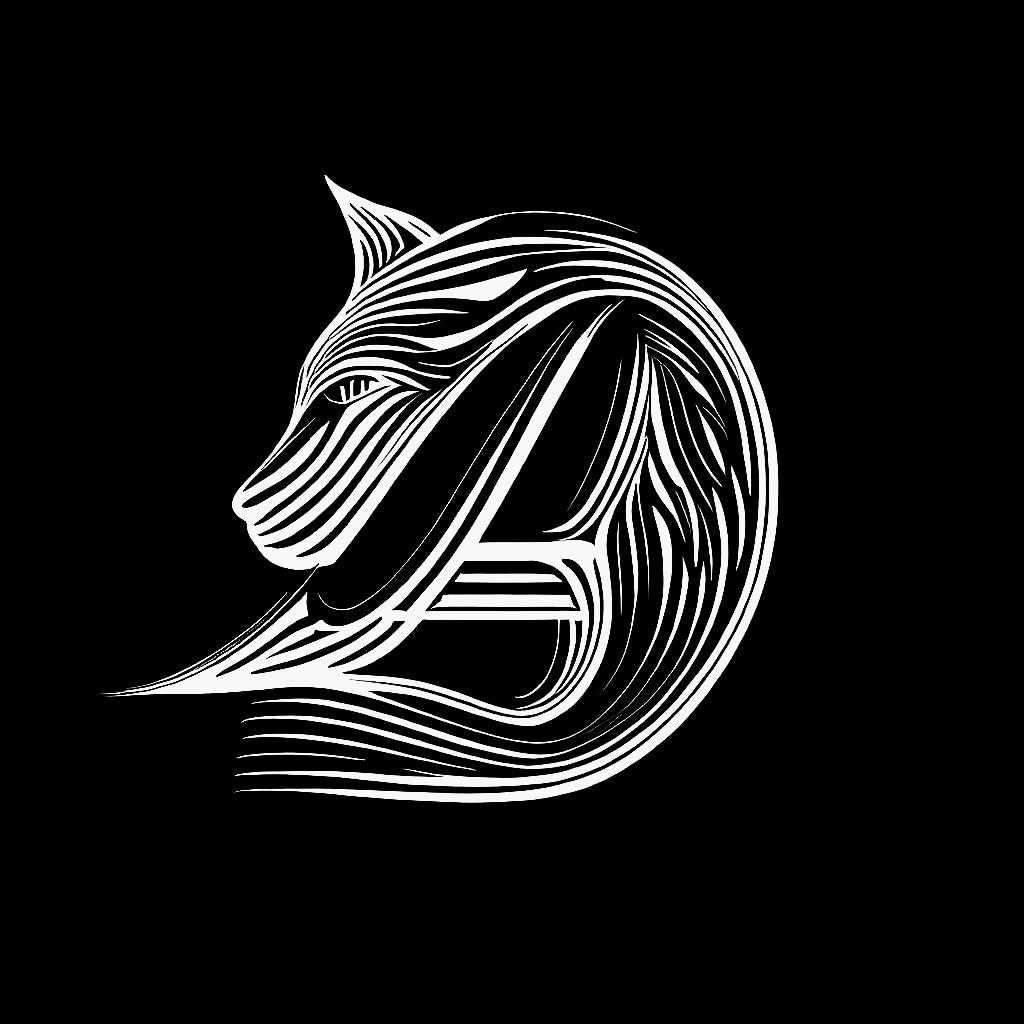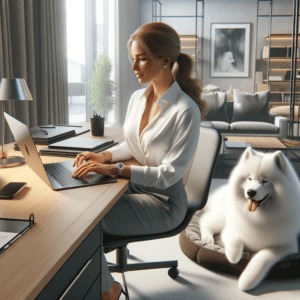In recent years, the role of pets within the family has shifted from mere companions to integral family members. This shift in perception reflects the growing bond between humans and their furry, feathered, or scaled companions. In this blog post, we will delve into the sociological perspective on pets as family members and explore the factors that contribute to this phenomenon.
Emotional Bonds and Attachment
One of the driving forces behind the perception of pets as family members is the emotional bond that forms between humans and their pets. Research by Charles et al. (2014) highlights the strong attachment that people develop with their pets, which mirrors the emotional connections that exist between human family members.
Anthropomorphism
Anthropomorphism – attributing human-like characteristics to animals – is another factor that contributes to the perception of pets as family members. As Irvine (2004) explains, people often assign human-like traits and emotions to their pets, which strengthens the bond between them and fosters the idea that pets are family members.
The Role of Pets in Modern Society
Modern society has seen a shift in the role of pets, with many people viewing their pets as companions and confidants rather than mere property. As Blouin (2013) notes, this shift in perception is due in part to changing family structures, such as smaller family sizes and an increase in single-person households, which have contributed to the growing importance of pets in people’s lives.
Legal and Social Recognition
The legal system and social norms have also played a role in the recognition of pets as family members. Laws surrounding pet custody and visitation rights in divorce cases, for example, have evolved to acknowledge the emotional bond between people and their pets.
Mental and Physical Health Benefits
Numerous studies have demonstrated the positive impact of pets on human mental and physical health, further cementing their role as family members. Research by McConnell et al. (2011) highlights the many ways in which pets can provide social support, reduce stress, and promote overall well-being.
In conclusion, the sociology of pets as family members is a multifaceted phenomenon, driven by emotional bonds, anthropomorphism, changing societal roles, legal recognition, and health benefits. As our understanding of the human-animal bond continues to deepen, it is clear that pets hold a unique and cherished place within the family unit.
References:
Blouin, D. D. (2013). Are dogs children, companions, or just animals? Understanding variations in people’s orientations toward animals. Anthrozoös, 26(2), 279-294.
Charles, N., & Davies, C. A. (2014). My family and other animals: Pets as kin. Sociological Research Online, 19(4), 1-13.
Irvine, L. (2004). If you tame me: Understanding our connection with animals. Temple University Press.
McConnell, A. R., Brown, C. M., Shoda, T. M., Stayton, L. E., & Martin, C. E. (2011). Friends with benefits: On the positive consequences of pet ownership. Journal of Personality and Social Psychology, 101(6), 1239-1252.








